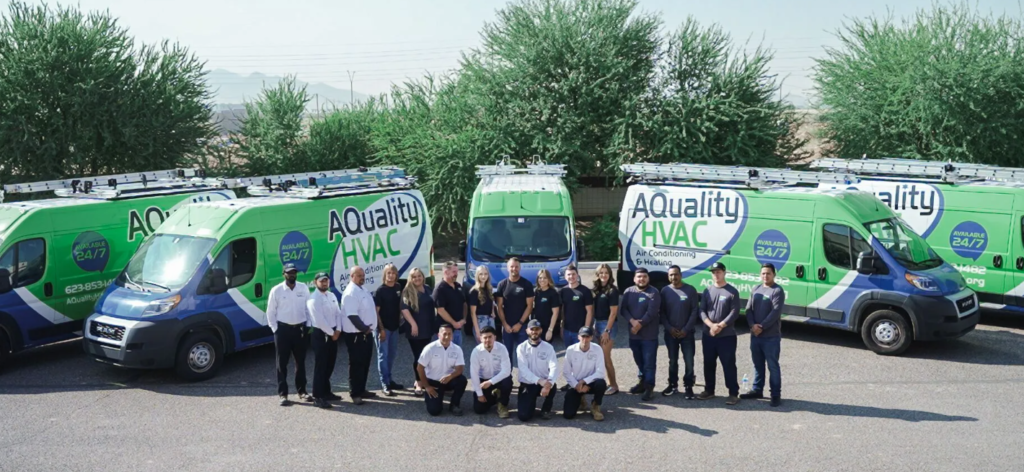In today’s world, where we spend the majority of our time indoors, the quality of the air we breathe is of utmost importance. Poor indoor air quality (IAQ) can lead to a range of health issues, including allergies, asthma, respiratory infections, and more. Fortunately, your HVAC (Heating, Ventilation, and Air Conditioning) system can play a significant role in improving indoor air quality and creating a healthier living environment for you and your family. In this comprehensive guide, we’ll explore various ways you can enhance indoor air quality with your HVAC system.
1. Regular Maintenance:
Regular maintenance of your HVAC system is essential for ensuring optimal performance and indoor air quality. This includes changing air filters regularly, inspecting and cleaning ductwork, and scheduling professional tune-ups at least once a year. Proper maintenance helps prevent the buildup of dust, dirt, and other contaminants in your system, which can circulate throughout your home.
2. Use High-Quality Air Filters:
The type of air filter you use in your HVAC system can significantly impact indoor air quality. Opt for high-efficiency particulate air (HEPA) filters or electrostatic filters, which are designed to capture smaller particles and allergens effectively. These filters can help trap dust, pollen, pet dander, mold spores, and other airborne pollutants, preventing them from circulating in your home.
3. Invest in Air Purifiers:
Air purifiers are standalone devices that work in conjunction with your HVAC system to remove airborne contaminants and improve indoor air quality further. There are various types of air purifiers available, including HEPA air purifiers, UV air purifiers, and ionizers. Choose a purifier that suits your specific IAQ needs and budget.
4. Control Humidity Levels:
Proper humidity control is crucial for maintaining healthy indoor air quality. High humidity levels can promote mold and mildew growth, while low humidity levels can lead to dry skin, respiratory irritation, and increased susceptibility to infections. Your HVAC system can help regulate humidity levels by using a humidifier or dehumidifier as needed.
5. Ventilation Strategies:
Adequate ventilation is essential for ensuring proper air circulation and preventing the buildup of indoor pollutants. Your HVAC system should be equipped with ventilation features such as exhaust fans in bathrooms and kitchens, as well as fresh air intakes to bring in outdoor air. Consider installing energy recovery ventilators (ERVs) or heat recovery ventilators (HRVs) for more efficient ventilation.
6. Seal and Insulate Ductwork:
Leaky or poorly insulated ductwork can allow outside contaminants to enter your home and reduce the efficiency of your HVAC system. Inspect your ductwork regularly for leaks and seal them promptly using duct sealant or foil tape. Additionally, ensure that your ducts are properly insulated to prevent heat loss or gain during transit.
7. Keep a Clean Environment:
Maintaining a clean and clutter-free environment can also contribute to better indoor air quality. Regularly vacuuming carpets, dusting furniture, and cleaning surfaces can help reduce the buildup of dust, pet dander, and other allergens in your home. Additionally, consider using non-toxic cleaning products to minimize the introduction of harmful chemicals into your indoor air.
8. Monitor Indoor Air Quality:
Invest in an indoor air quality monitor to track the levels of various pollutants in your home, including particulate matter, volatile organic compounds (VOCs), carbon monoxide, and more. Monitoring IAQ allows you to identify potential issues and take corrective actions to improve air quality.
By following these tips and leveraging the capabilities of your HVAC system, you can significantly improve indoor air quality and create a healthier home environment for you and your loved ones. Remember that IAQ is a multifaceted issue that requires a comprehensive approach, so be proactive in implementing these strategies to enjoy cleaner, fresher air indoors.
